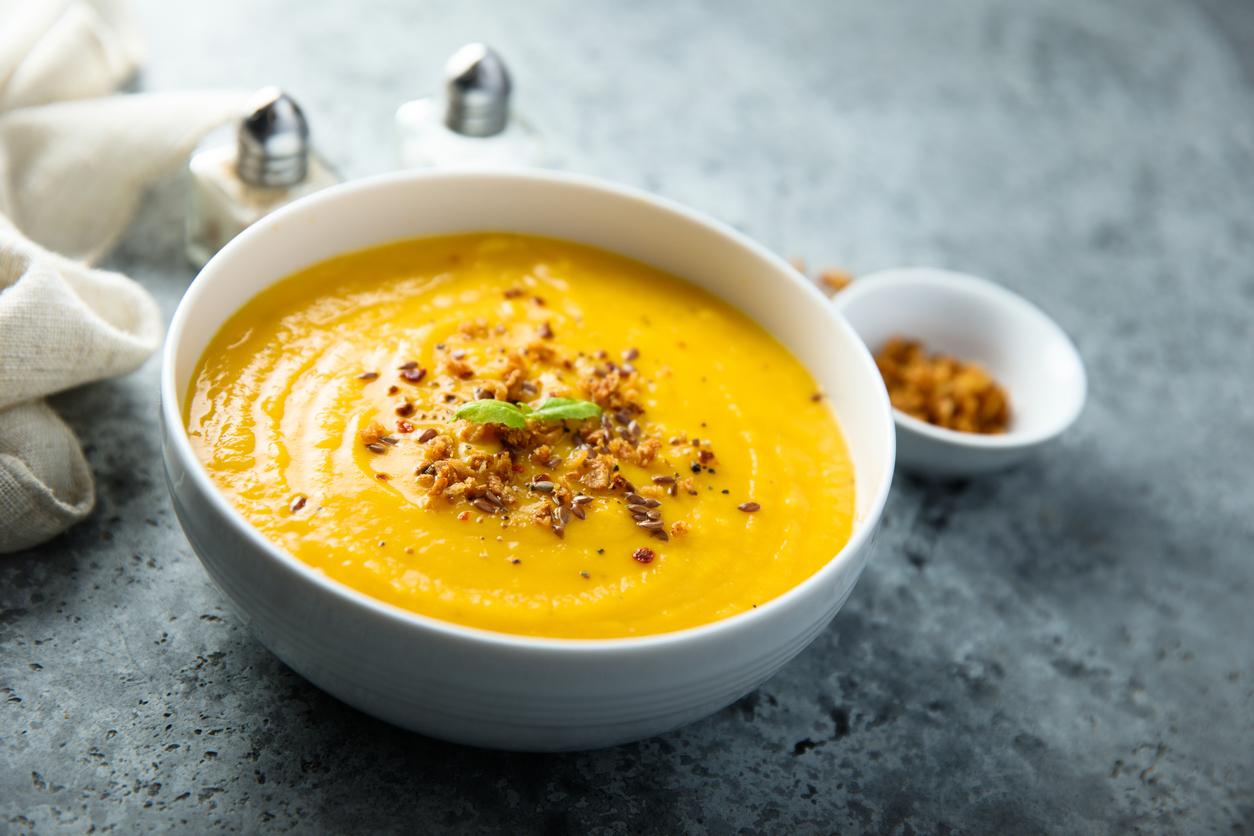British researchers have tried reducing the size of beer glasses in pubs to reduce alcohol consumption.

- The study found that alcohol consumers often focus on the number of drinks rather than their size. “People think more about the number of servings than the size of those servings,” one of the researchers said.
- This question of size also raises public health issues: alcohol is responsible for 7% of illnesses and premature deaths in Europe, according to the Ministry of Labor, Health and Solidarity.
- The idea of reducing portion sizes to moderate consumption is not new. Previous studies have shown that reducing plate size by 30% led to an equivalent decrease in the amount of food eaten. Proof that our brains can be easily tricked…
A recent study from the University of Cambridge is causing a stir: what if reducing the size of beer glasses was an effective solution to limit alcohol consumption? In Great Britain, where one in five adults exceeds the recommended quantities, a team of researchers experimented for three months with reducing the volume of pints in thirteen pubs in total. It turns out that replacing the 568 ml pint (as is the case in England) with a two-thirds size (around 378 ml) could reduce beer and cider consumption by 10%. And this, without frustrating customers, since the price of a pint of beer is correlated with the size of the glass.
Number of glasses more important than size for consumers
The study, published in the journal Plos Medicinereveals that consumers often focus on the number of glasses rather than their size. “People think more about the number of servings than the size of those servings”explains one of the researchers in The Guardian. Although wine sales increased during the experiment, total alcohol consumption still decreased.
Industry professionals have nevertheless shown reluctance: out of 1,700 establishments approached, only 13 agreed to participate. This scepticism can be explained by the fact that the pint remains an institution in British culture, according to scientists. It should be noted that the pint in the UK is the largest in the world, surpassing that of France (500 ml) and Australia (425 ml). This question of size also raises public health issues: alcohol is responsible for 7% of illnesses and premature deaths in Europe, according to the Ministry of Labor, Health and Solidarity.
The idea of reducing portions to moderate consumption is not new. Previous studies have shown that reducing the size of plates by 30% led to an equivalent drop in the amount of food ingested. Proof that our brains can easily be tricked… Researcher Dame Theresa Marteau, who led the work, argues in the columns of Guardian that this approach could have positive effects: “Can this contribute to the health of the population? I would say yes, without a doubt.”

Reducing pint sizes is a public health issue
The proposal to reduce the size of pints has sparked mixed comments from British personalities. While comedian Geoff Norcott has expressed on X his dissatisfaction with this initiative (“I’ve never been so close to protesting in front of a media outlet”), others, like journalist Elle Hunt, argue that a pint is often too large for enjoyable consumption.
At a time when excessive drinking is on the rise – with more than 7,400 alcohol-related deaths in England and Wales in 2020 – this study could pave the way for wider discussions on public health and the regulation of alcohol consumption. Reducing portion sizes could become one strategy among others, alongside taxation and awareness campaigns.

















